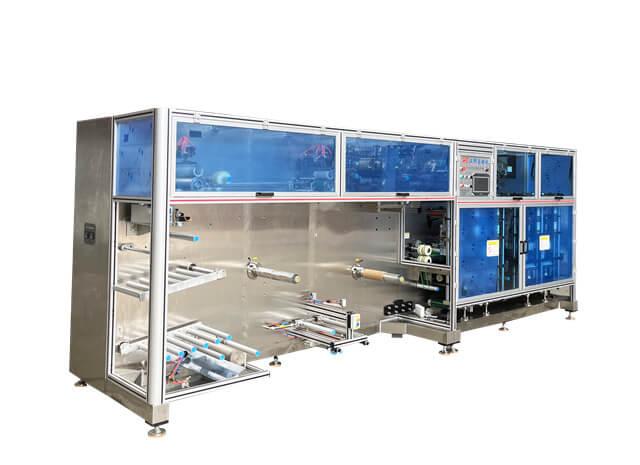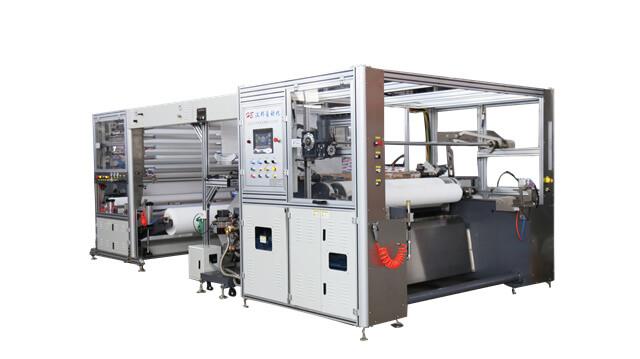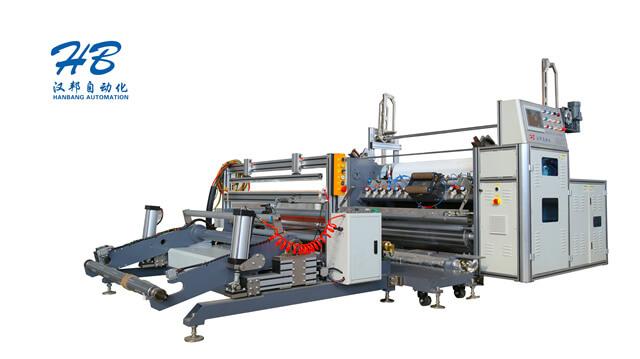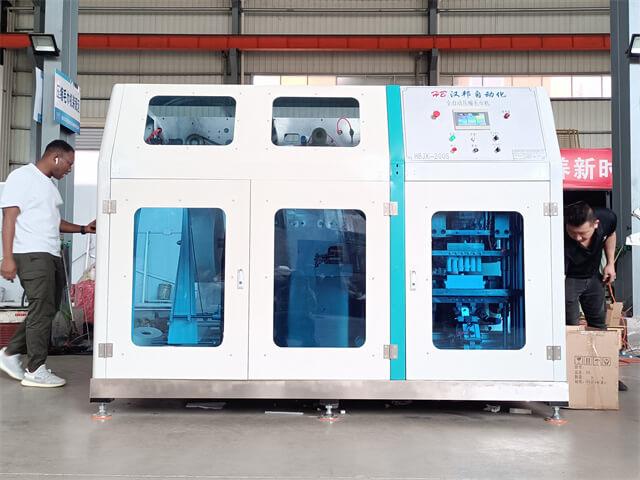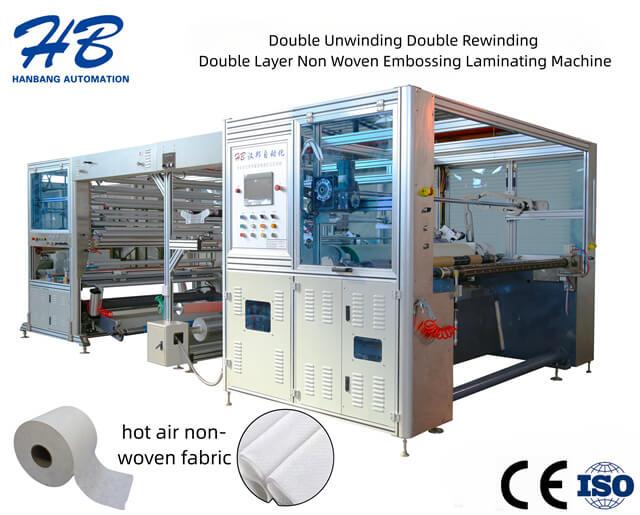Author:HB Nonwoven MachineryFROM:Compressed Towel Machine Manufacturer TIME:2023-10-14
The towel manufacturing industry has undergone significant advancements in recent years, with a focus on incorporating technical features into the production process. These technical features have revolutionized the way towels are manufactured, leading to improved efficiency, quality, and customization. In this article, we will explore three key technical features of towel manufacturing machines that have greatly impacted the industry.

One of the major technical features in modern towel manufacturing machines is automated cutting and sewing. Traditionally, cutting and sewing were tedious and time-consuming processes that required skilled labor. However, with the integration of advanced machinery and robotics, these tasks can now be performed quickly and accurately. Automated cutting systems utilize computer-controlled blades to precisely cut the fabric, minimizing wastage and ensuring consistent dimensions.
Similarly, automated sewing machines enable precise stitching at high speeds. These machines are equipped with computerized controls that allow for various stitching patterns, such as hems, seams, and decorative designs. The automation of cutting and sewing processes has not only increased production efficiency but also improved the overall quality and consistency of towels.

In the towel manufacturing industry, dyeing and printing play a crucial role in achieving vibrant and long-lasting colors. Technological advancements in dyeing and printing machines have provided manufacturers with greater control over color saturation, pattern accuracy, and durability.
Advanced dyeing machines utilize sophisticated color management systems that precisely control the dyeing process. These systems monitor factors such as temperature, pressure, and dye concentration to ensure consistent color application. Additionally, digital printing technologies have replaced traditional screen printing methods, allowing for intricate and highly detailed designs on towels. Digital printers can accurately reproduce complex patterns and images, resulting in visually appealing and personalized towel products.

Ensuring the quality of towels is essential for manufacturers to meet customer expectations. To enhance quality control processes, towel manufacturing machines now incorporate intelligent systems that detect and eliminate defects during production.
Computer vision technology is one such innovation used in quality control systems. Cameras and sensors are installed along the production line to capture images of each towel. These images are analyzed in real-time using machine learning algorithms, which can identify imperfections such as loose threads, stains, or irregularities in the fabric. Defective towels can be automatically sorted out, minimizing the chances of substandard products reaching the market.
Moreover, these intelligent quality control systems provide valuable data insights that help manufacturers identify patterns and optimize their production processes. By gathering data on defect rates and analyzing production trends, manufacturers can continuously improve their operations and deliver consistently high-quality towels to consumers.
In conclusion, the incorporation of technical features in towel manufacturing machines has revolutionized the industry. Automated cutting and sewing, advanced dyeing and printing, and intelligent quality control systems have significantly improved production efficiency, product quality, and customization capabilities. These advancements ensure that consumers receive towels that are durable, visually appealing, and free from defects. As the towel manufacturing industry continues to embrace technological innovations, we can expect further advancements that will shape the future of this dynamic industry.
